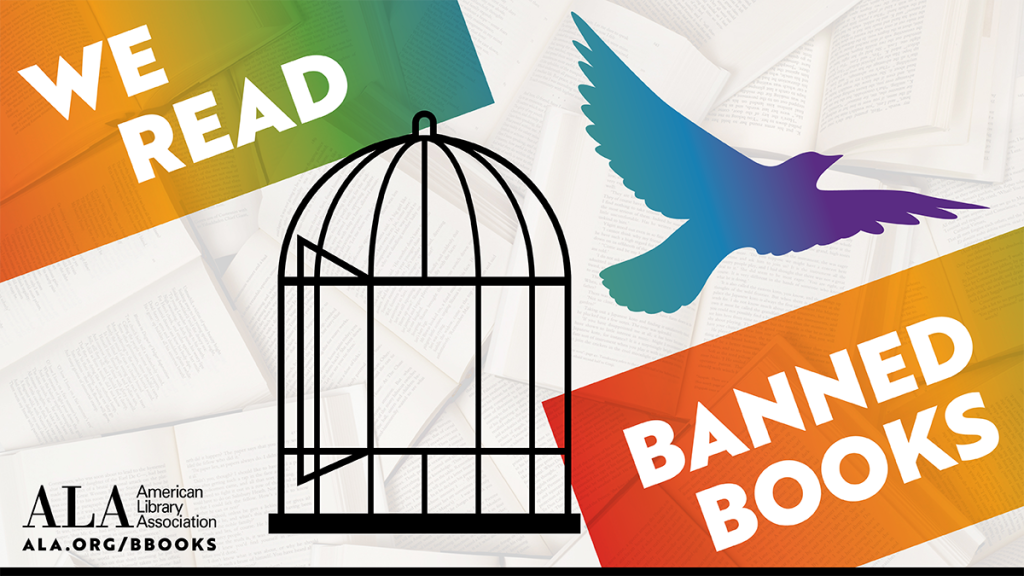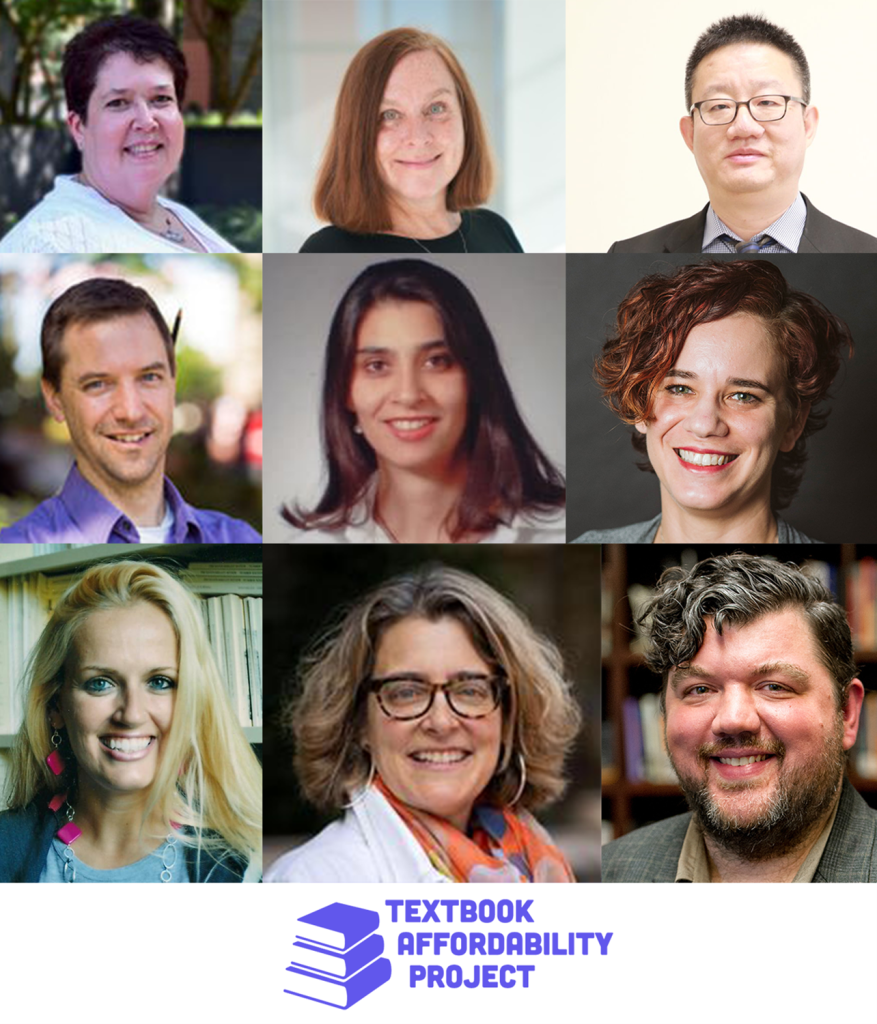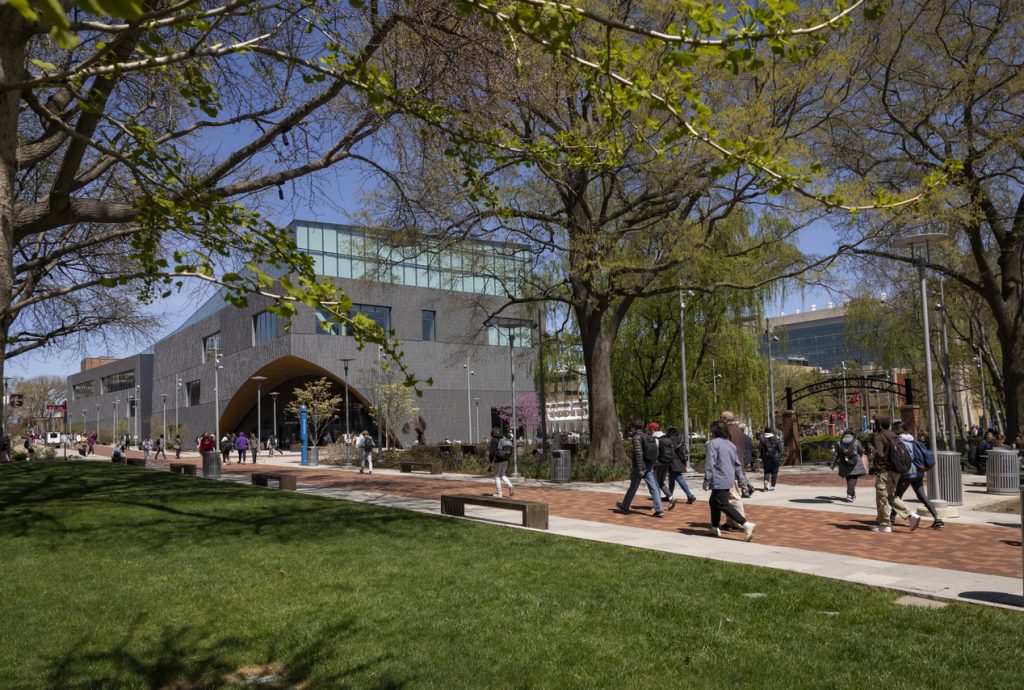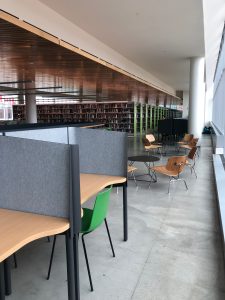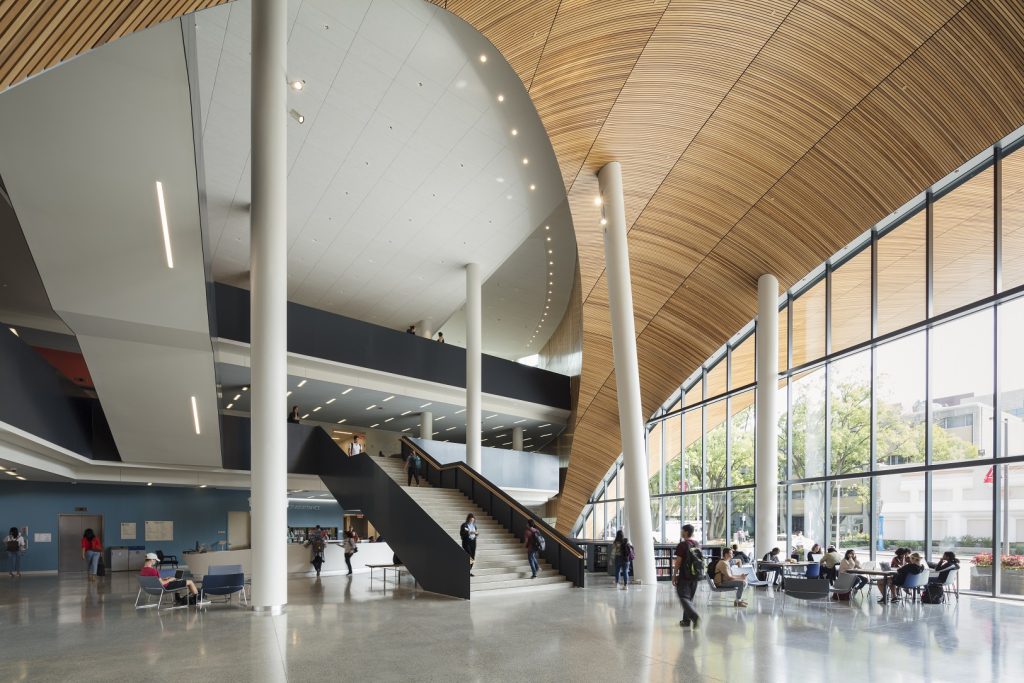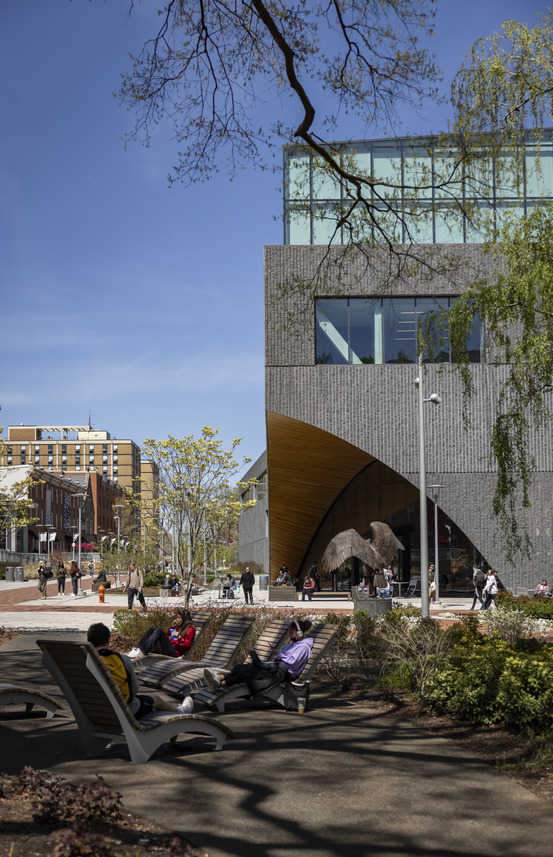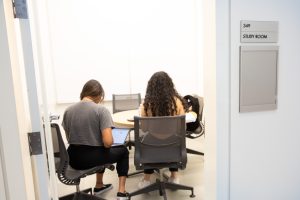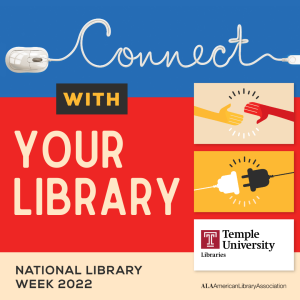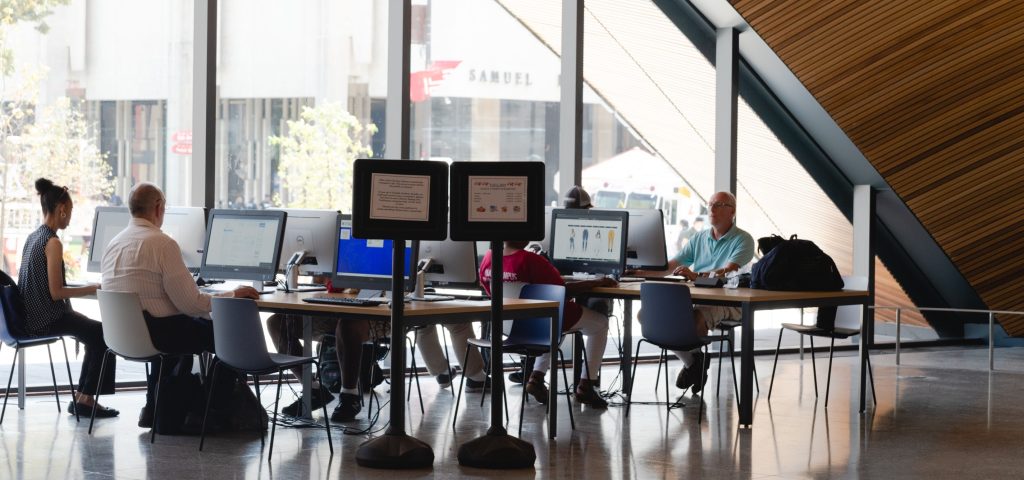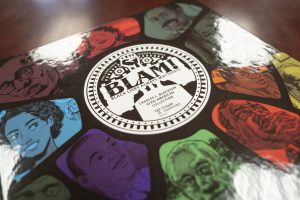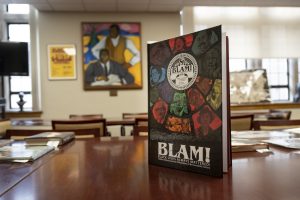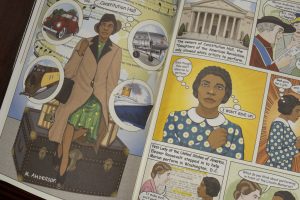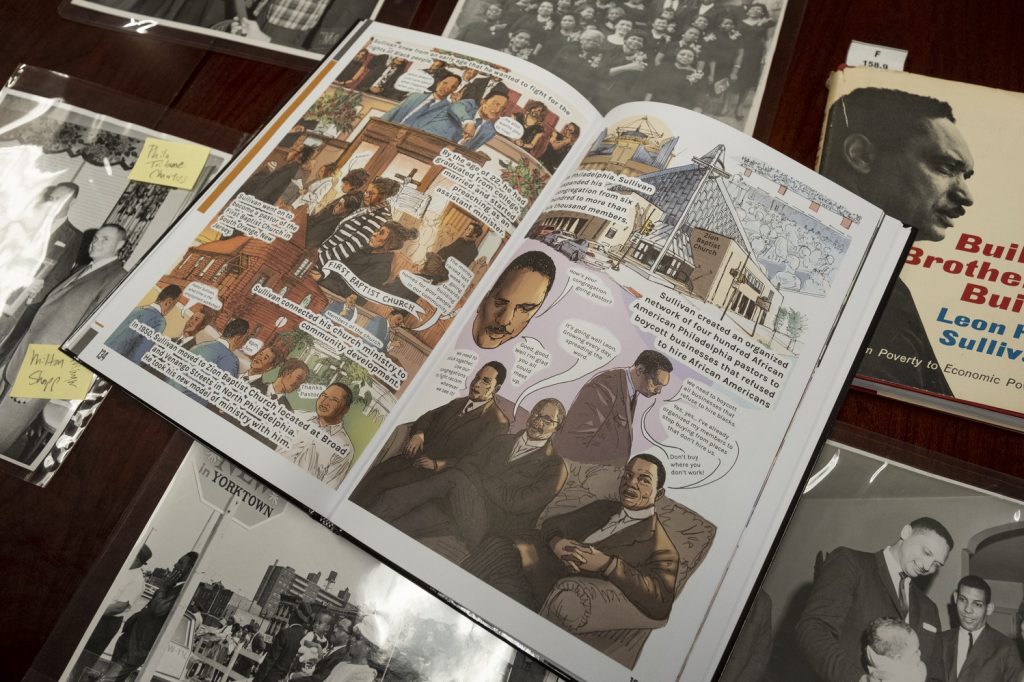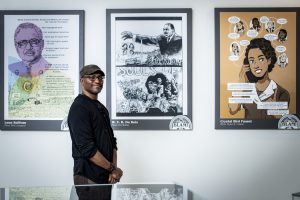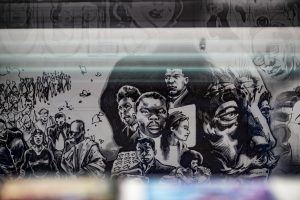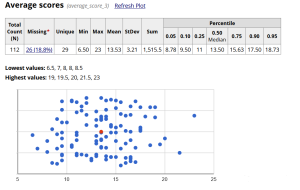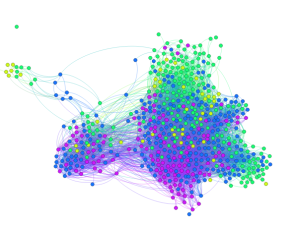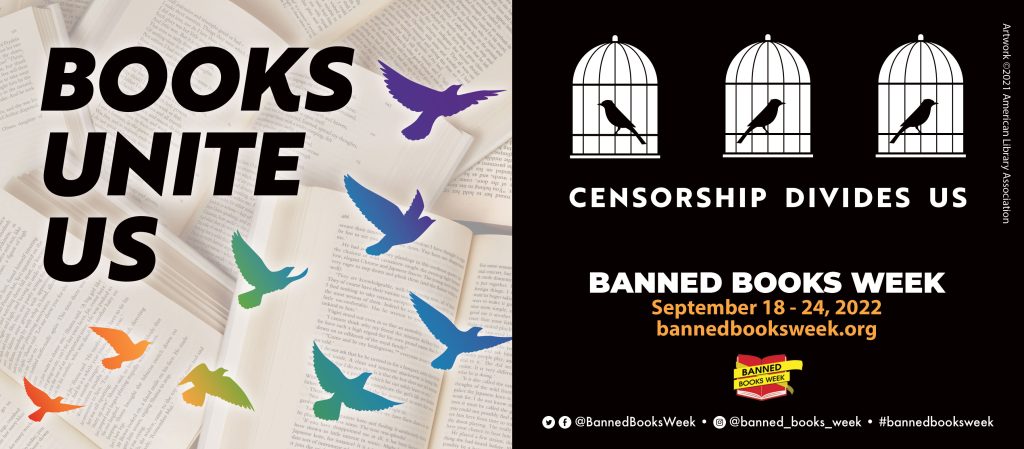
This week is Banned Books Week, an annual American Library Association (ALA) event that celebrates the freedom to read. This year’s theme is: “Books unite us. Censorship divides us.”
Every year, books in schools and libraries are challenged, meaning a person or group has requested their removal or restriction. The reasons for these challenges range from objections to explicit content, offensive language, age-inappropriate material, and more. Yet, most challenges are unsuccessful due to the hard work of librarians, teachers, students, and community members who support and promote our freedom to openly access information and literature.
Below, we’ve rounded up a list of 2021’s top ten challenged books. We have many of these in our collections here at the Libraries and have linked to the listings in Library Search. If you want to read one that Temple doesn’t own, check out E-ZBorrow to see if one of our partner libraries has a copy that you can request! Really love it and think we should get a copy? Let us know by filling out our purchase request form.
According to ALA, the top ten challenged books of 2021 were:
- Gender Queer by Maia Kobabe
Reasons: Banned, challenged, and restricted for LGBTQIA+ content and because it was considered to have sexually explicit images
- Lawn Boy by Jonathan Evison
Reasons: Banned and challenged for LGBTQIA+ content and because it was considered to be sexually explicit
- All Boys Aren’t Blue by George M. Johnson
Reasons: Banned and challenged for LGBTQIA+ content and profanity and because it was considered to be sexually explicit
- Out of Darkness by Ashley Hope Perez (also available online!)
Reasons: Banned, challenged, and restricted for depictions of abuse and because it was considered to be sexually explicit
- The Hate U Give by Angie Thomas
Reasons: Banned and challenged for profanity and violence and because it was thought to promote an anti-police message and indoctrination of a social agenda
- The Absolutely True Diary of a Part-Time Indian by Sherman Alexie
Reasons: Banned and challenged for profanity, sexual references, and use of a derogatory term
- Me and Earl and the Dying Girl by Jesse Andrews
Reasons: Banned and challenged because it was considered sexually explicit and degrading to women
- The Bluest Eye by Toni Morrison
Reasons: Banned and challenged because it depicts child sexual abuse and was considered sexually explicit
- This Book is Gay by Juno Dawson
Reasons: Banned, challenged, relocated, and restricted for providing sex education and LGBTQIA+ content
- Beyond Magenta by Susan Kuklin
Reasons: Banned and challenged for LGBTQIA+ content and because it was considered to be sexually explicit.
Learn more at bannedbooksweek.org.
For further reading
Check out this Inside Higher Ed article about how K-12 book bans affect higher education.
